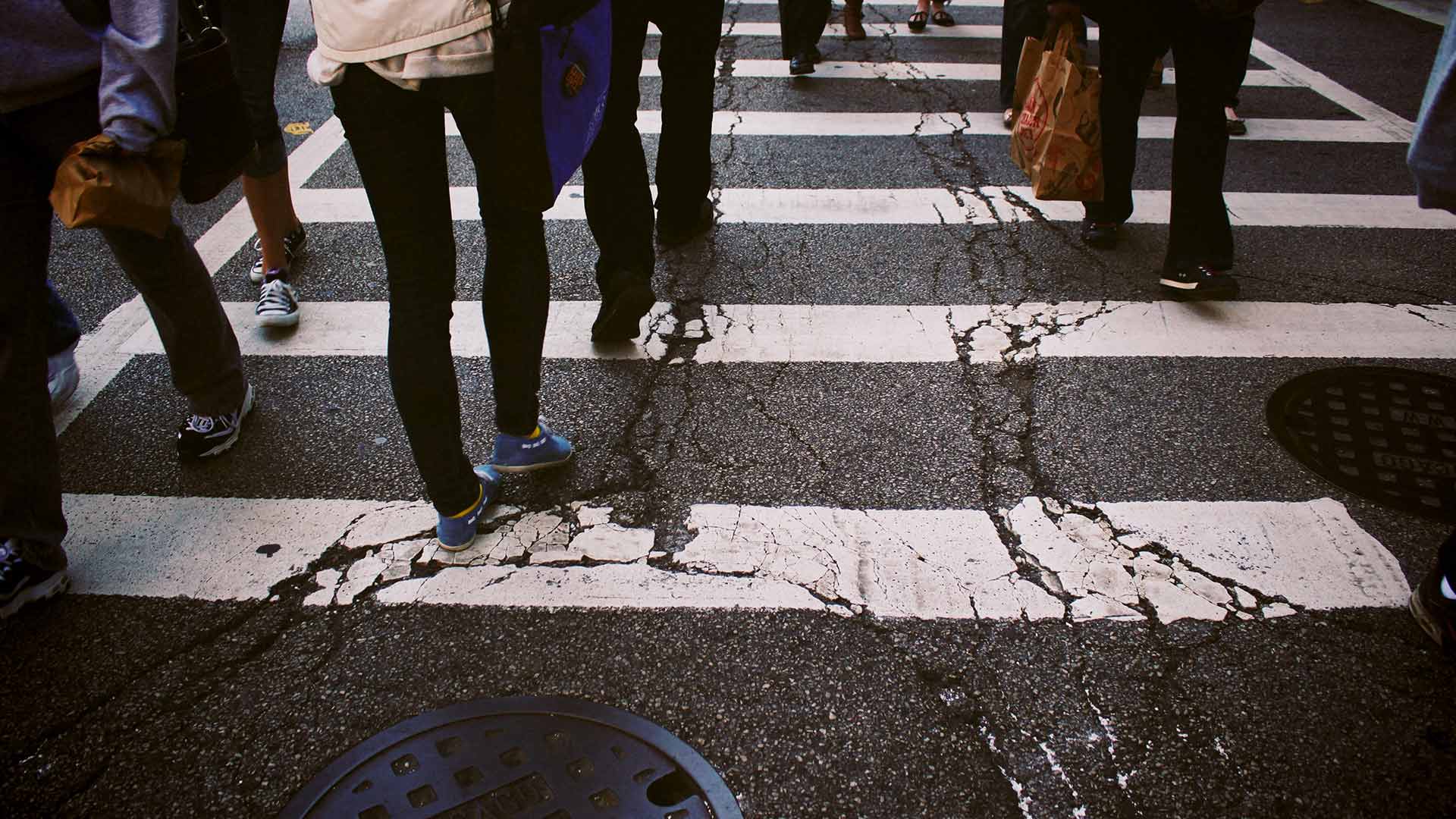24 Mar A Tsunami of Persecution Against the Copts of Egypt
Back on October 17, 2010, I commenced a blog post on Egypt. I had meant to title it Storm Clouds Gather over the Christians of Egypt. My first sentence was “We seem to be on the verge of witnessing a tragic, and even catastrophic assault by radical Muslims on the Christians of Egypt.”
The reason for starting that post was a shocking interview on Al Jazeera of Egyptian Cleric Muhammad Salim Al-Awwa by host Ahmed Mansour, on the program ‘Without Borders’.
This was broadcast on September 15, 2010.
At the time I was simply too distressed to continue with the post, and it was never finished. I regret this lack of courage, and the purpose of this post is to note the events which have happened since them.
After Al-Awwa’s broadcast repeated mass demonstrations of Egyptian Muslims were staged. These threatened reprisals against the Copts and Pope Shenouda. There was also a string of articles in newspapers inciting hatred against Christians.
I kept track of incidents which were reported from Al-Awwa’s broadcast to March 2011:
- On 24 November 2010 around 5,000 soldiers attacked St. Mary and St. Michaels in Talbiya, Giza over an alleged building code violation. They used tear gas, rubber bullets and live ammunition. Three Copts were killed, and a young child died from tear gas thrown into a chapel. Hundreds were injured, and more than 150 Copts were arrested.
- A devastating New Year’s Eve suicide bomb attack on the Saints Church in Alexandria killed 23 worshippers and injured 70, the worst mass attack on Copts for a decade.
- On January 11, an off-duty policeman used his service revolver to shoot Copts on a train. A 71 year-old man was killed, and five others were injured.
- On February 19, 2011, the home of the Christian building contractor who was building the controversal St Mary and St Michael church in Talbiya was broken into, and his 18-year old daughter was abducted. The abductors wrote on the wall the Muslim Brotherhood slogan ‘Islam is the solution’ and “The Church has to be demolished’.
- On 21 February 2011 the body of Rev Dawood Boutros was found, murdered two days earlier in Shotb, just outside Assiut City, southern Egypt. Journalist Ahmed Zaki Osman reported for Al-Masry al-Youm: ‘According to the slain priest’s neighbours, four people killed the Coptic cleric in his home while “chanting Islamic slogans”. (Report by Elizabeth Kendal).
- In multiple incidents from February 20-26, 2011 (see here, here, and here) Egyptian armed forces demolished fences which monks had erect to protect the monastery during a chaotic period when hundreds of criminals had escaped from prisons in Egypt. In one incident, when the monks tried to address the soldiers, they opened fire with live amunition, wounding six Copts. The soldiers were crying “Allahu Akhbar” as they demolished the fence, and prevented the monastery’s car from taking the wounded to hospital. The Monastery of St Makarios of Alexandria was also attacked, where one monk was shot, and ten were wounded through being beaten by batons.
- On February 28, 2011, the Governor of Minya ordered the demolition of ten homes belonging to Coptic families in the village of Saeed Abdelmassih, 30 km from Minya. The families had refused to pay a bribe to prevent the demolision, and to donate land for a mosque in the village, where no Muslims lived.
- On March 5, 2011 a mob of over 4,000 Muslims attacked Coptic homes and burnt down an ancient Coptic church in Soul, near Cairo. The attackers played ‘soccer’ with the relics of the saints and martyrs taken from inside the church, and converted the site into a mosque, naming it the “Mercy Mosque”. Later reports stated that the church is being rebuilt by the army.
- On March 8, 2011, a mob of some 15,000 armed Muslims attacked a vastly outnumbered crowd of Christians on the outskirts of Cairo. The Egyptian army, which was called to restore order, shoot live fire, and Copts were wounded and killed with live ammunition. Witnesses report they saw the army killing Christians. Thirteen people were killed, and over 140 suffered injuries.
- On March 14, 2011, Copts were shot at and beaten with electric batons by Egyptian soldiers, some of whom were crying Allahu Akbar during the attack. Fifteen Copts suffered injuries, including head wounds, broken limbs and burns. The Copts were part of a protest against the Soul attack of March 5 (see above).
- A group of Muslims, including a policeman, said they were executing Islamic law when they amputated the ear of a Coptic man, Ayman Anwar Mitri, for leasing an apartment to two single women. The perpetrators also burned down his apartment and his car. After they finished they called the police and said “we have executed the law of Allah, come and apply your law”. Mirti lodged a complaint with the police, but ‘agreed’ to withdrew his complaint and to ‘reconcile’ with his attackers after they threatened to kidnap his female relatives. (In Egypt, kidnapping of a Christian woman means her rape, forced conversion and marriage to a Muslim. The woman then becomes irretrievable. Under sharia law her new husband has the right speak on her behalf in any legal proceedings. Kidnapping of non-Muslim women is widely reported by dhimmi communities living under Islamic conditions.)
- Some nine thousand Coptic villagers have been living in terror since the end of January in the Upper Egyptian villages of Badraman and Nazlet Badraman in Deir Mawas, Minya. A Muslim police informer and his gang of armed supporters have been terrorizing Christians in the area with rapes, kidnappings and extortion. Christians are beginning to move out of the area, having been made destitute by the regime of terror. Attempts to submit formal complaints to the police have not succeeded because of intimidation and threats, and the government has made no effective response to the crisis: instead they have been ‘turning a blind eye’ to these events since January.
Mark Durie is the founding director of the Institute for Spiritual Awareness, a Fellow at the Middle East Forum, and a Senior Research Fellow of the Arthur Jeffery Centre for the Study of Islam at the Melbourne School of Theology.



No Comments